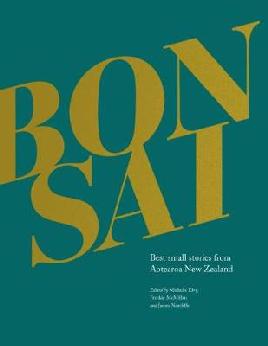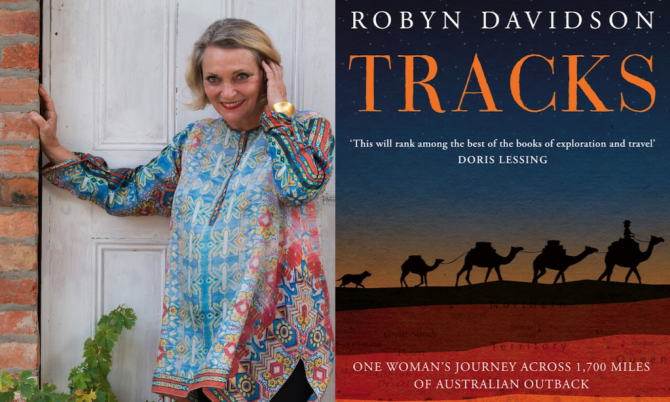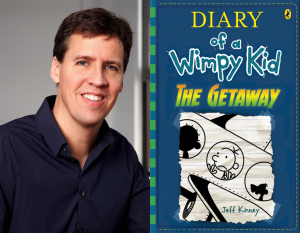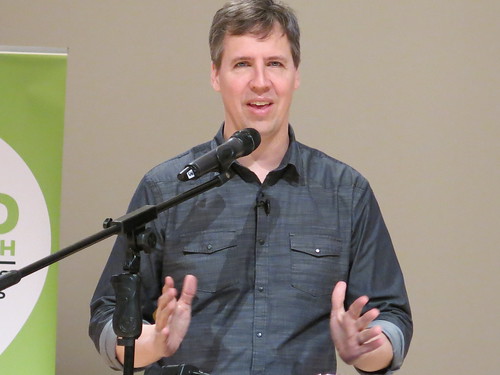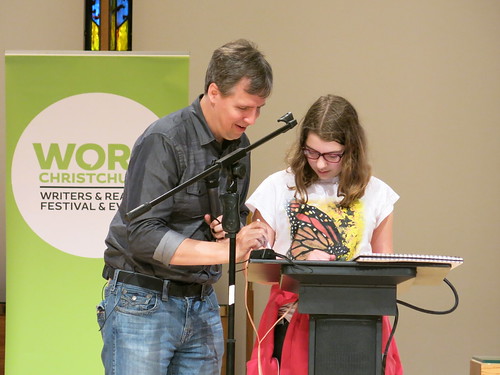During the chaos of dashing between WORD sessions, writer and co-editor Laurence Fearnley kindly agreed to sit down with me and answer a few questions about her new anthology To the Mountains and other works.
What brought you to writing about mountaineering?
My parents used to do a lot of climbing in Scotland and Wales after the war [before moving to Christchurch]. We spent a lot of weekends tramping — dad went on a couple of expeditions to the Himalayas, my brother was a keen climber… When I was doing research for my novel The Hut Builder I read a lot of Alpine Club articles and ended up with boxes and boxes of material, so I thought it would be quite nice to do something with that. There hadn’t been an anthology of mountain writing since Ray Knox’s A Thousand Mountains Shining in the 80s, so it seemed a good time. I hadn’t really kept up to date with modern mountaineering writing but [co-editor] Paul Hersey edited the Alpine Journal and is a climber, so he had that sort of knowledge.
You researched a lot in the Hocken Collection. What was that like?
They have full archives from the Alpine Club, which was established in 1891. It’s interesting because they allowed women to join as members right from the start, compared to others like the Canterbury Mountaineering Club which didn’t allow women in until the 1980s. I got material from those archives and also from notebooks, journals, and letters that individuals have donated to the collection. It’s an amazing archival record, it’s incredible. It does taper off from the 1970s/80s onwards so it would be great if people continued to donate to the collection, if this could be our central repository of mountain writing.
A lot of voices chosen for this anthology aren’t those most people would associate with alpine writing — usually we only hear from those at the cutting edge of mountaineering.
That’s the sad thing because that’s how you get the same old voices coming through, if they’re not disrupted by allowing different voices. Mountains are a big part of our sporting identity, it would be nice if it was seen as something families do, not just rugged individuals. There are so many reasons why people go into the mountains — photography, art, for somewhere quiet and restful, to admire the beauty… The public perception of conquest [of the Alps] doesn’t really hold true, it’s not necessarily a motivation for most people.
At the same time a lot of the 1930s Canterbury Mountaineering Club articles are of trips in the Port Hills because it was difficult to get good transport to the Alps — they might only be able to get into the mountains once or twice a year but they were very fit. It was a class orientated sport, particularly in the early days. It’s interesting when the boundaries start breaking down between the upper middle class mountaineers and the working class mountain guides. Guides weren’t allowed in the Alpine Club because they were professionals.
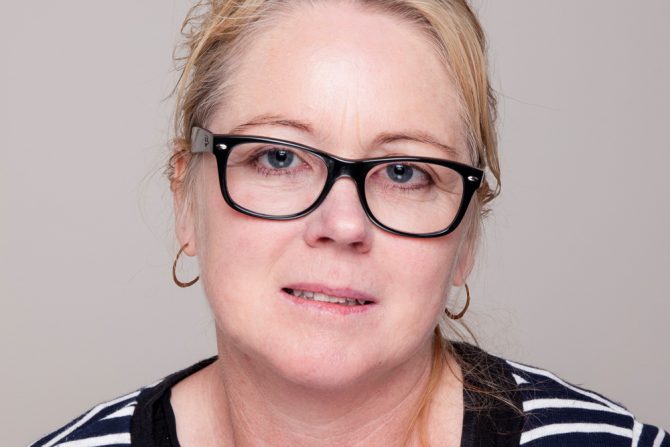
Which doesn’t give credit to the fact that the guides were doing a lot of the work putting up tents, cutting steps, carrying the equipment…
Yes, you get someone like Dora De Beer on an expedition overseas in China, they walked 400 miles before they even got to the mountain, it was a real Victorian expedition. They would expect shelter from whatever was available, from monasteries to embassies, just take over their house. She was an amazing woman — during the 30s just before the war she would drive from London through Holland, Germany and Switzerland to get to Italy, on her own a lot of the time. Her diaries are from 1936-37, a lot of her entries are things like “Very inconvenienced getting across the border,” such a sense of imperious entitlement with no mention of the political climate. People like her were so curious and enthusiastic, in New Zealand they’d set off on horseback across Otira to the West Coast, just loving the absolute freedom of being out of that rigid society. They thought it was a great hoot.
Some of my favourite parts of the book are letters from the 1800s, there were some really funny excerpts. You must have had a lot of fun finding these in the Hocken collection. Do you have any favourites?
The ones I liked were the quieter, reflective pieces, people going back later in life and just enjoying being in the outdoors with their friends. I guess Jill Tremain had a big impact on me as a kid when she did the [1971 traverse of the Southern Alps] with Graeme Dingle — I can remember it being on the radio, there was a lot of controversy about them sharing a tent as she wasn’t married. From her letters she seemed to have such a generous outlook on life.
Voices I like least would be the 1970s slightly macho hard men stuff, that’s not a voice that appeals to me but quite a big part of the literature of the time. When you compare those writers with Aat Vervoorn, so reflective and spiritual, learning from the landscape… The ones who enjoy being in the space rather than needing to prove themselves or get a reputation, those would be the voices I like.
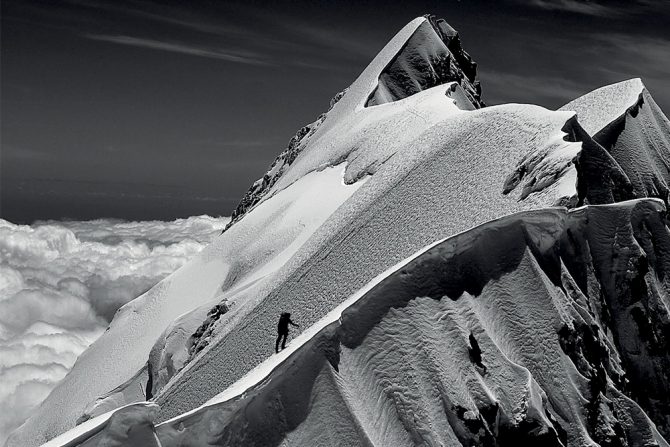
What are you currently working on?
I’m two-thirds of the way through a novel looking at landscape through scent and identity, under the umbrella narrative of a woman who loses her job when the university Humanities department is done away with. That one will be coming out next year. I’m also looking at doing an anthology of New Zealand women mountaineers. This will be more historical, it will be worthwhile to have a chronology of women mountaineers as there are so many of them.
What are you reading at the moment?
Just read a couple of books that I reviewed for Landfall, one called Oxygen by [New Zealand freediver) William Trubridge — not a book I’d necessarily be drawn to but interesting to see just how determined and focussed he has to be. The other is a beautiful book about hunting called Dark Forest Deep Water by Richard Fall, which would normally be something that turns me off but hearing him reflecting on why he hunts and the emotional journeys of hunting… It’s a great book, I’d really recommend it.
Thanks Laurence for a lovely interview, and I look forward to reading your next books!
- Find works by Laurence Fearnley in our collection
- Follow our coverage of WORD Christchurch Festival 2018






